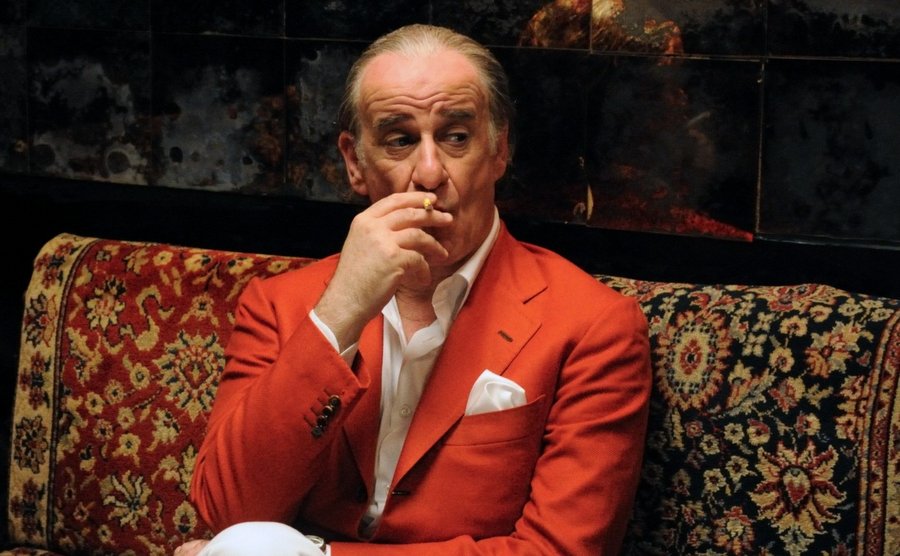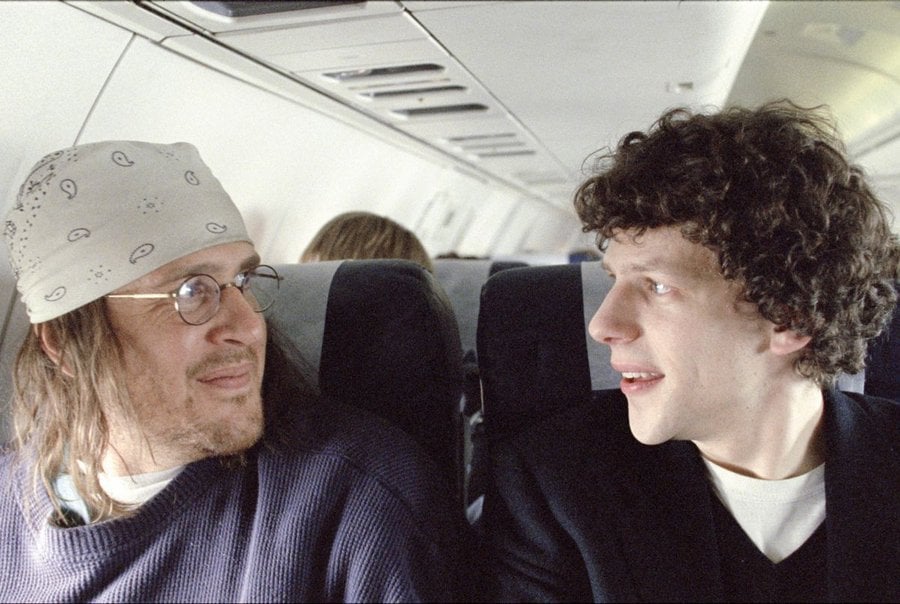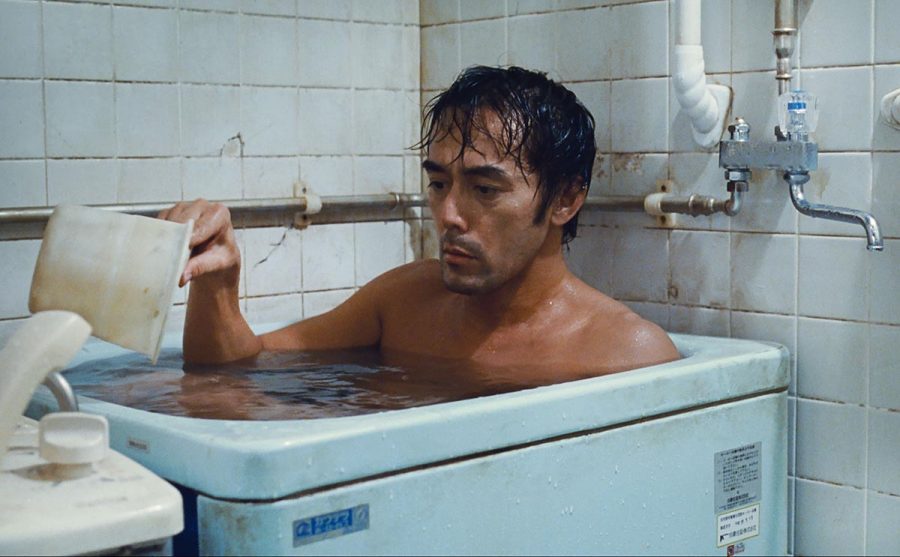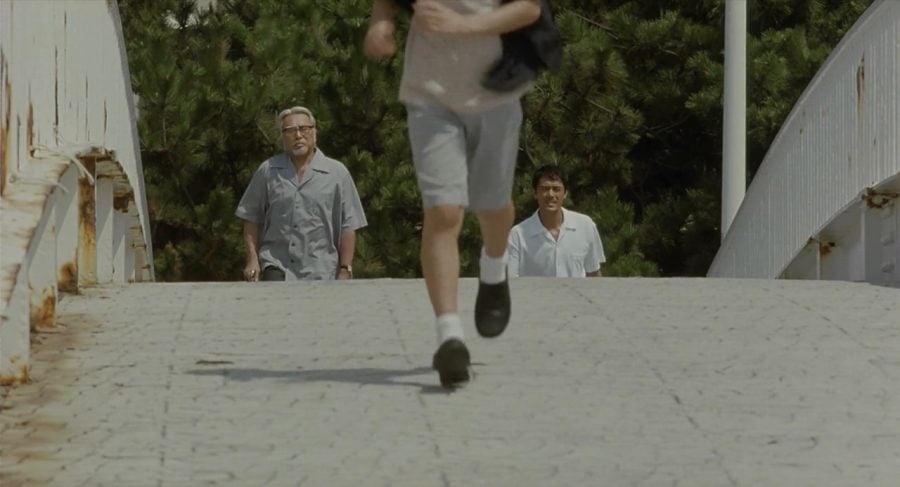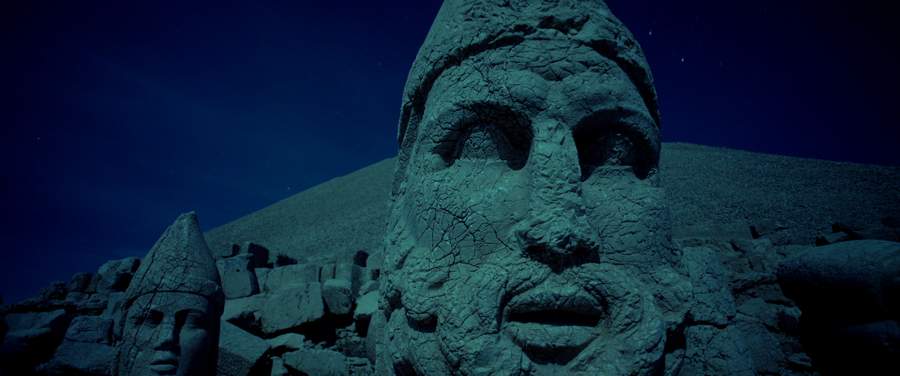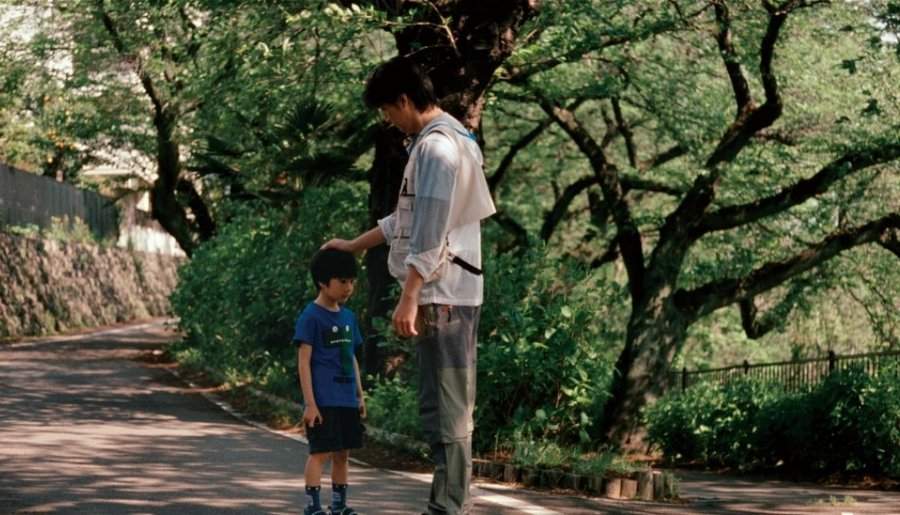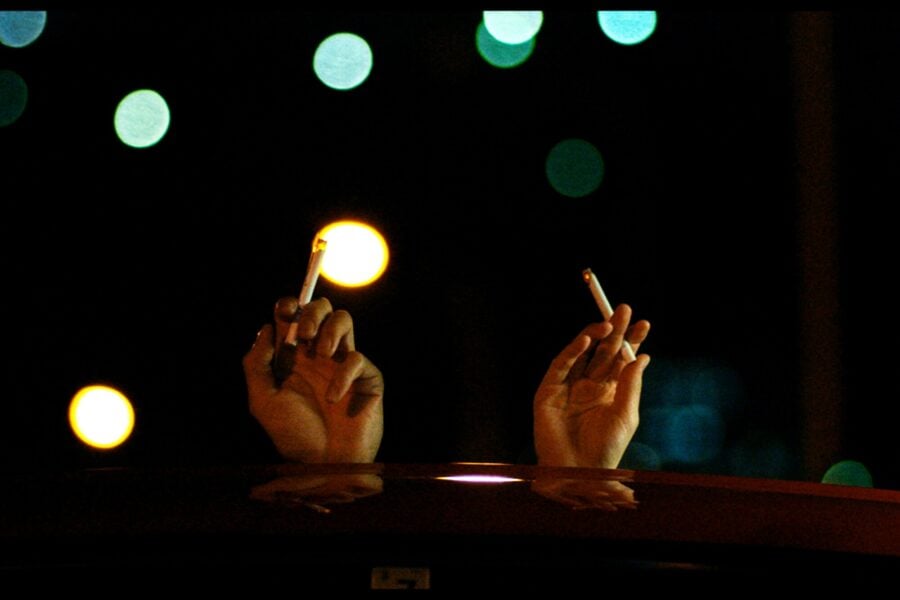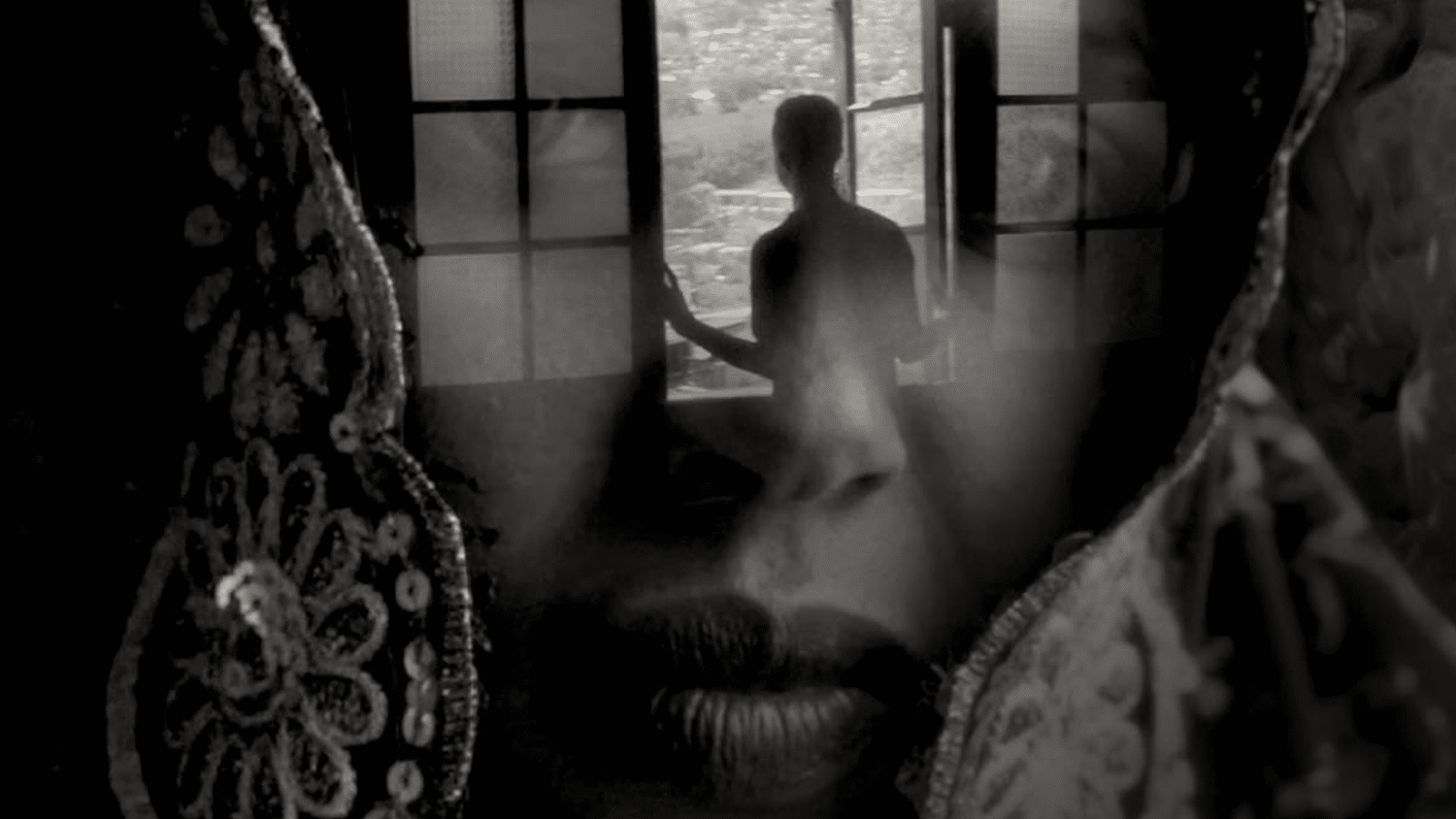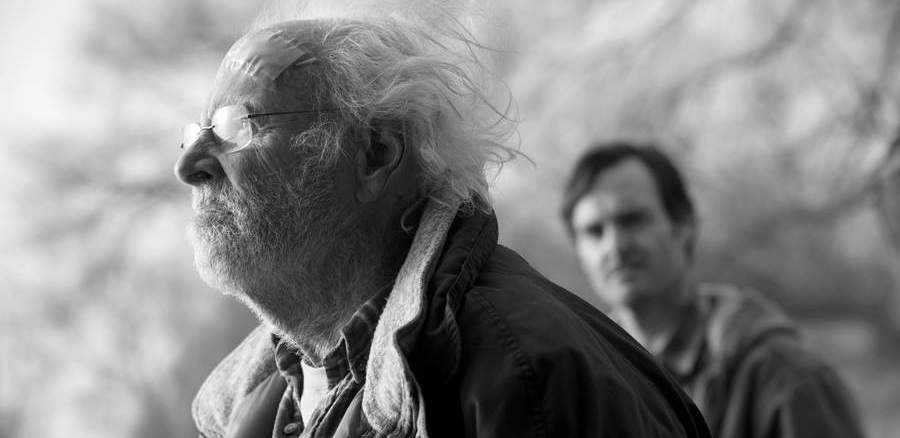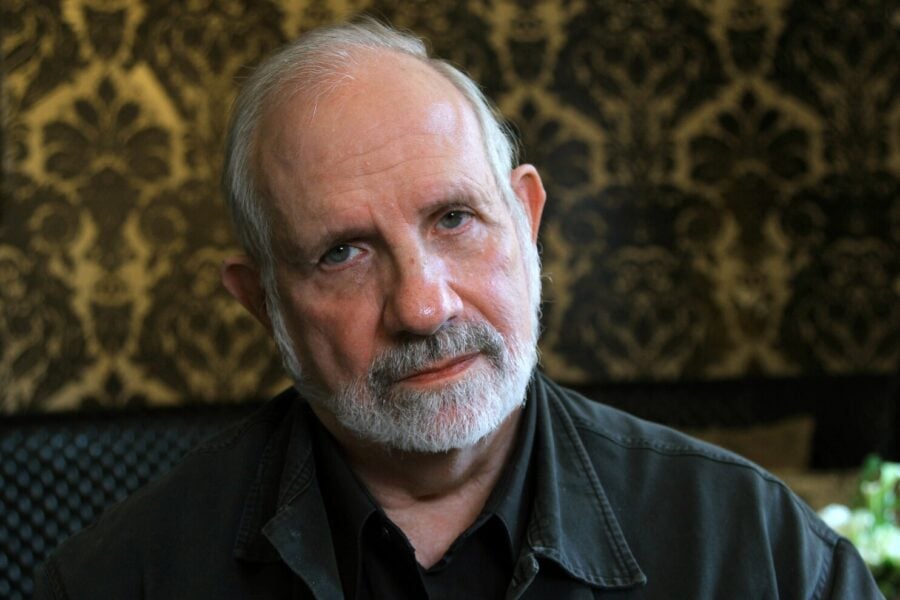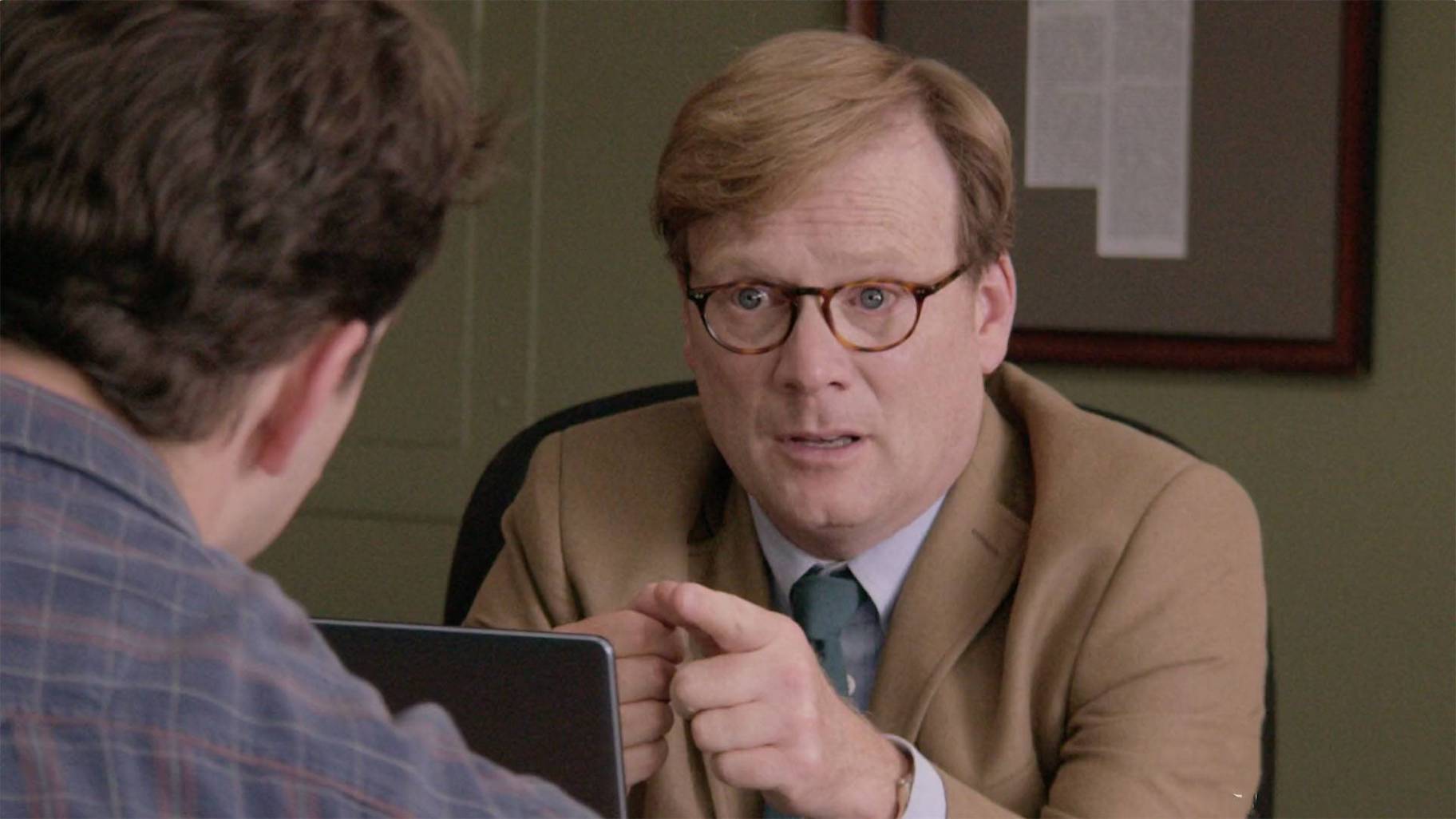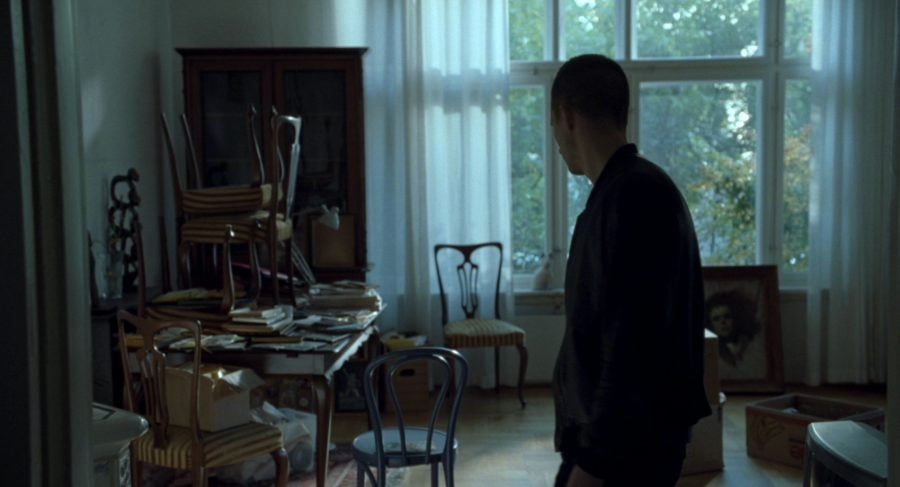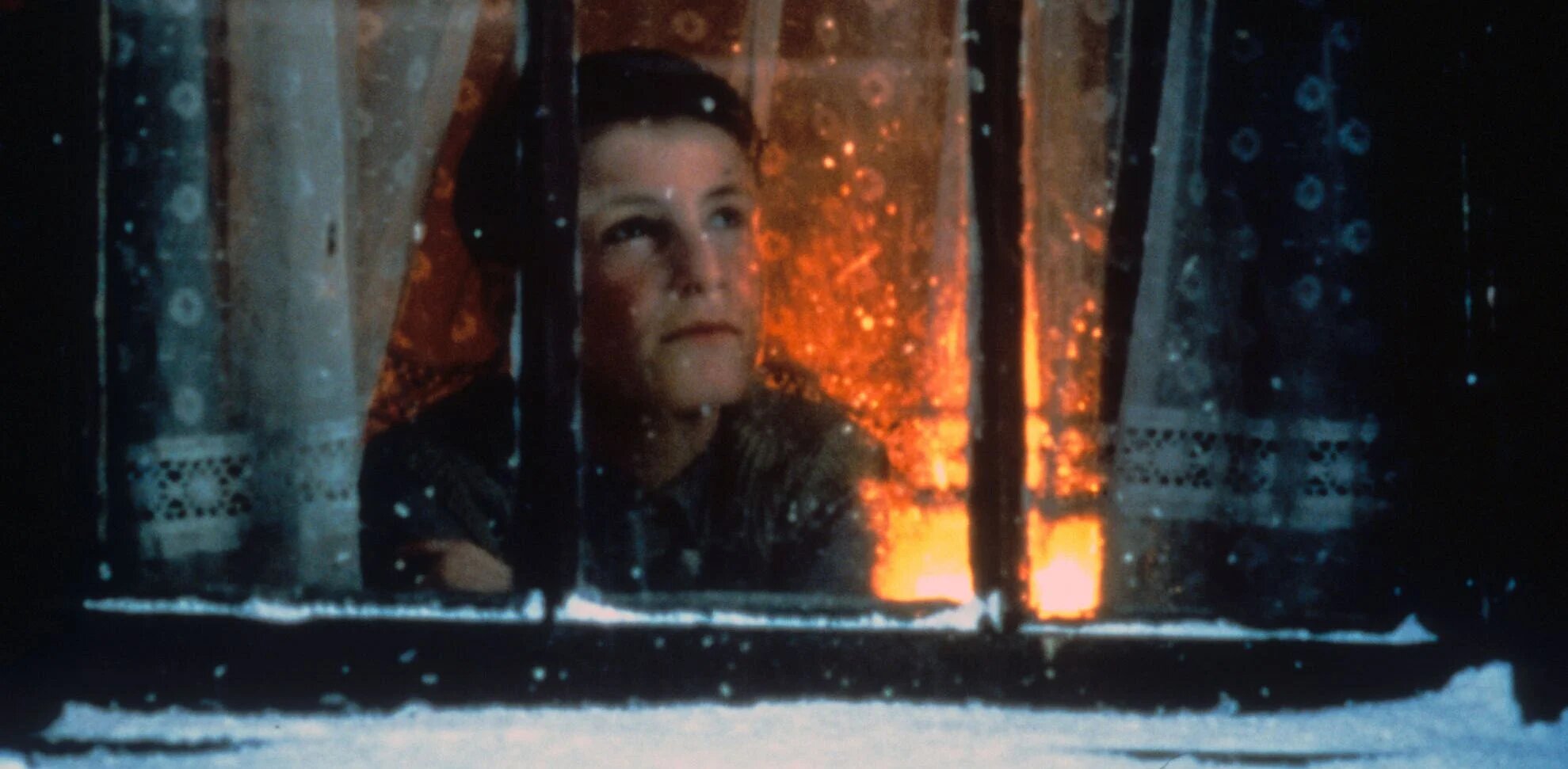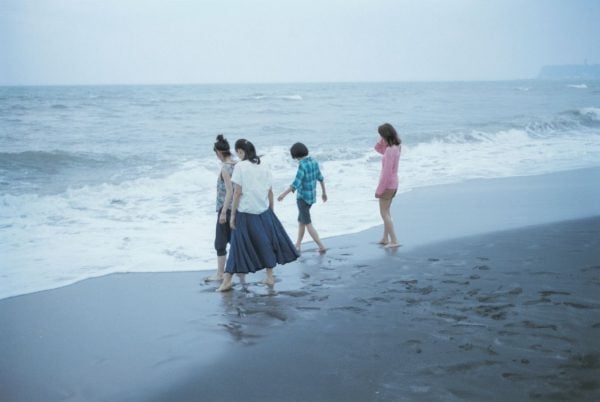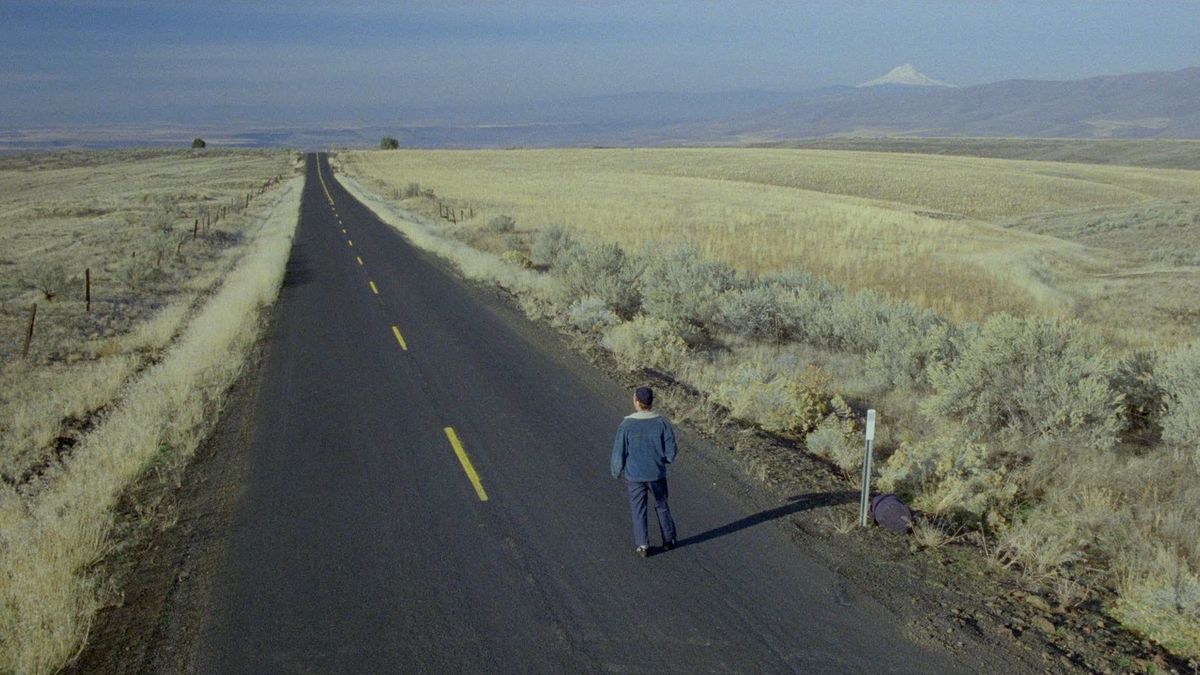The Great Beauty is a film of superlatives! Originally titled La Grande Bellezza, this movie by Italian star director Paolo Sorrentino is so replete with lush, opulent cinematography, it sometimes borders on sensory overload. Having won Best Foreign Language Film at the 86th Academy Awards, as well as the Golden Globe, and the BAFTA award in the same category, The Great Beauty is also a critics' darling and an award-show sweeper – in addition to being hailed as Paolo Sorrentino's greatest work to date.
Essentially a tragicomedy, it is both a study and a celebration of the hedonism and decadence of its main protagonist – the bon-vivant and modern-day Roman socialite Jep Gambardella (played by an electrifying Toni Servillo). Instead of honing the craft of writing, Gambardella at some point decides to become the self-proclaimed “king of high life” of Rome. After his 65th birthday, he experiences a shock that changes him for good, prompting him to look past the parties and the nightclubs and to discover the sublime beauty of his hometown, the eternal city. In this way, The Great Beauty is a meditation on art, regret, and pleasure – and Sorrentino's love letter to Rome.
Genre: Drama
Actor: Aldo Ralli, Alessia Bellotto, Anita Kravos, Anna Della Rosa, Annaluisa Capasa, Carlo Buccirosso, Carlo Verdone, Dario Cantarelli, Elisabetta Ventura, Fanny Ardant, Francesca Amodio, Francesca Golia, Franco Graziosi, Gabriella Belisario, Galatea Ranzi, Gianpiero Cognoli, Giorgia Ferrero, Giorgio Pasotti, Giovanna Vignola, Giulia Di Quilio, Giulia Maulucci, Giulia Rinallo, Giulio Brogi, Giusi Merli, Iaia Forte, Isabella Ferrari, Ivan Franěk, Leo Mantovani, Lillo Petrolo, Lorenzo Gioielli, Luca Marinelli, Luciano Virgilio, Ludovico Caldarera, Manuela Gatti, Margherita Cornali, Maria Laura Rondanini, Maria Lovetti, Massimo De Francovich, Massimo Popolizio, Melania Fiore, Mirko Frezza, Monica Piseddu, Pamela Villoresi, Paolo Mazzarelli, Paolo Sorrentino, Piero Gimondo, Roberto Herlitzka, Sabrina Ferilli, Serena Grandi, Sonia Gessner, Stefania Barca, Stefano Fregni, Toni Servillo, Vernon Dobtcheff, Yohana Allen
Director: Paolo Sorrentino

